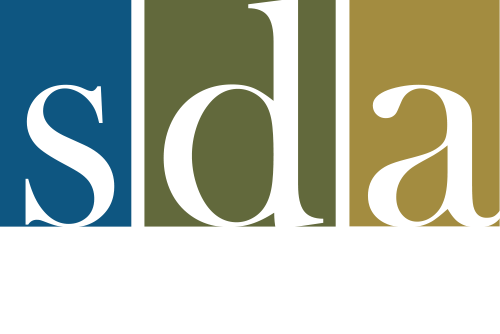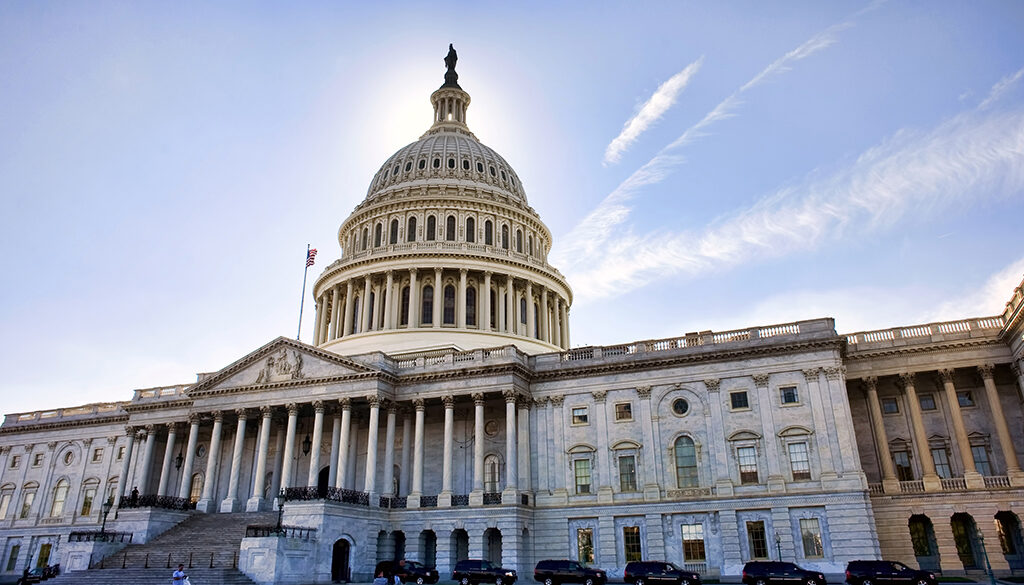Highlights of the CARES Act
The Coronavirus Aid, Relief, and Economic Security (CARES) Act, H.R. 748, currently being debated in the Senate and expected to be voted on tonight, contains a host of tax measures as part of a $2 trillion aid package designed to help the economy as it suffers from the effects of the coronavirus pandemic. While the focus of the legislation is not tax, a large number of tax provisions are included in the over-600-page bill. Check out the video below for an explanation of the CARE Act and how it affects small businesses and individuals.
Info for Small Businesses
Payroll tax credit refunds:
The bill provides for advance refunding of the payroll tax credits enacted last week in the Families First Coronavirus Response Act, P.L. 116-127. The credit for required paid sick leave and the credit for required paid family leave can be refunded in advance.
Employee retention credit:
Eligible employers are allowed a credit against employment taxes equal to 50% of qualified wages (up to $10,000 in wages) for each employee. Eligible employers are employers who were carrying on a trade or business during 2020 and for which the operation of that business is fully
or partially suspended due to orders from an appropriate governmental authority limiting commerce, travel, or group meetings due to the COVID-19 outbreak.
Payroll tax delay:
The bill delays payment of 50% of 2020 employer payroll taxes until December 31, 2021; the other 50% will be due December 31, 2022. For self-employment taxes, 50% will not be due until those same dates.
Net operating losses:
For losses arising in 2018, 2019, and 2020, a five-year carryback is allowed (taxpayers can elect to forgo the carryback).
Partially Forgivable SBA Loans:
The SBA will loan the lesser of $10 million or the average total monthly payments for the last year, including payroll, mortgage, rent, and any other debt payments x4). The forgiveness – based on covered payroll from March 1, 2020, to June 30, 2020. Not to exceed 33k per individual. They are reduced as % of reduction in FTE’s.
Info for Individual Taxpayers:
Recovery rebates: Individuals will receive a tax credit of $1,200 ($2,400 for joint filers) plus $500 for each qualifying child. Phased out for taxpayers with adjusted gross income (AGI) above $150,000 (for joint filers), $112,500 (for heads of household), and $75,000 for other individuals.
Retirement plans:
Taxpayers can take up to $100,000 in coronavirus-related distributions from retirement plans without being subject to the 10% additional tax for early distributions. Eligible distributions can be taken up to December 31, 2020. Coronavirus-related distributions may be repaid within three years. Any resulting income inclusion can be taken over three years. The bill also allows loans of up to $100,000 from qualified plans (up from $50,000), and repayment can be delayed.
Charitable deductions:
The bill creates a charitable deduction for 2020 for those that take the standard
deduction (not to exceed $300).




